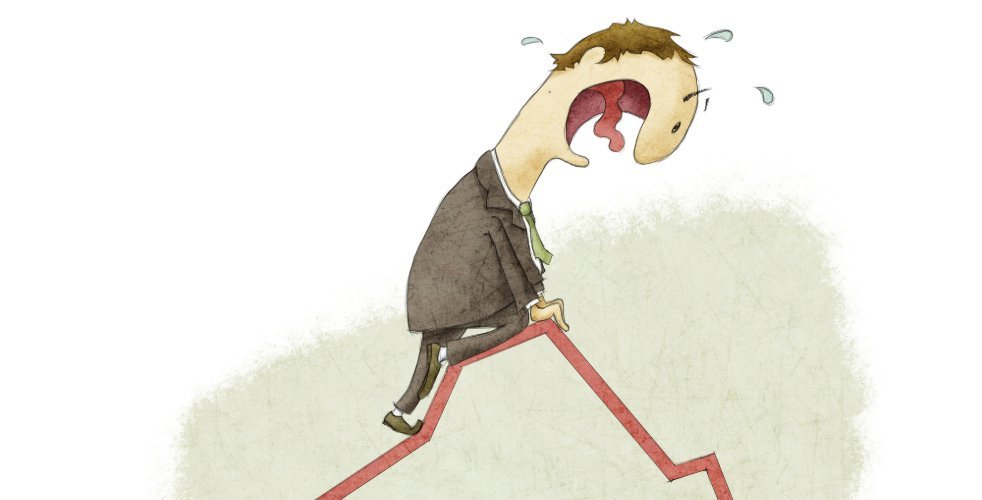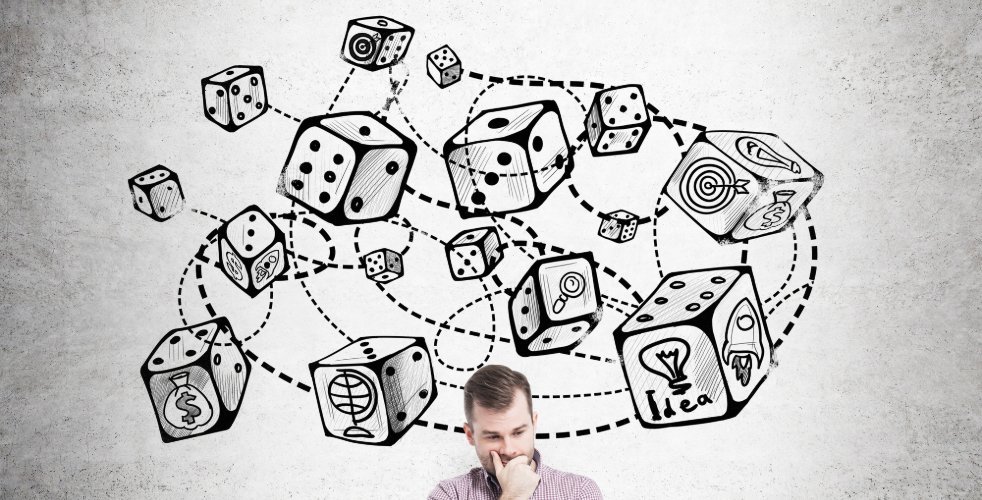How to Save for Retirement

As you begin to set aside money for retirement, one of the first and most critical decisions you’ll face is what type of account to put that money in. Should you contribute to your 401(k) first? Or is paying down debt a better idea? What about an IRA or a 529 plan? Should you be contributing to those as well? And what do mason jars and your mattress have to do with any of this? These are the types of questions we’ll attempt to answer as we explore the most effective way to save for retirement.









